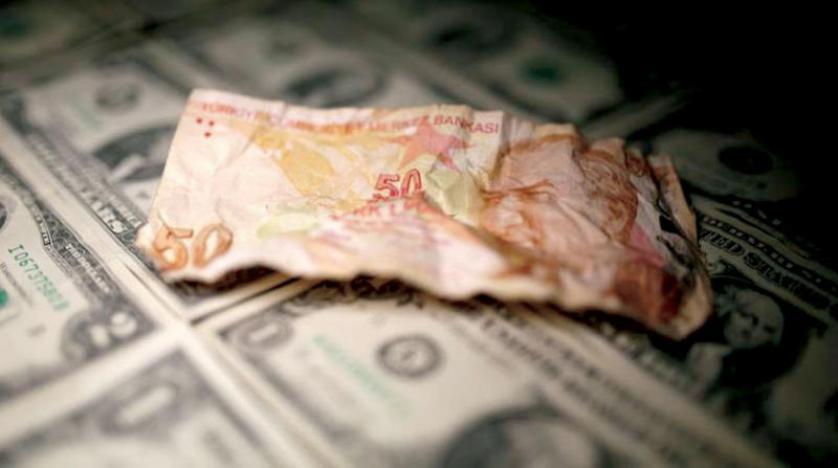Turkey’s President Recep Tayyip Erdogan’s latest spat with the West has given another push to the country’s declining currency, as it kicked off another week with an all-time low record.
The lira hit an all-time low of $9.75 on Sunday, weakening from Friday’s close of $9.5950 while touching on a record 11.18 against the Euro. The lira has lost 24% of its value in the past year.
On Sunday, the Turkish lira had weakened 1.6% to a record low against the dollar in early Asian trade after Erdogan ordered the expulsion of the ambassadors of the United States and nine other countries.
Coming out of a rough week, due to upsets in the market caused by Erdogan’s insistence on cutting interest rates despite expectations of a rise in inflation, the Turkish lira was hit by a brewing political thrift between Turkey and the West.
Seven of the ambassadors represent Turkey’s NATO allies, and the expulsions, if carried out, would open the deepest rift with the West in Erdogan’s 19 years in power.
The ambassadors of Canada, Denmark, France, Germany, the Netherlands, Norway, Sweden, Finland, New Zealand, and the United States were characterised as ‘Personas non Grata’ by Erdogan after they called Turkey to release philanthropist Osman Kavala.
A known critic of Erdogan, Kavala, a Turkish businessperson, activist, philanthropist, and prisoner, has been in Turkish prisons for four years, accused of participating in the 2016 coup d’état.
The 63-year-old entrepreneur is now standing trial as part of the third lawsuit filed against him, on charges of “attempting to overthrow the constitutional order of Republic of Turkey” and “securing for purposes of political or military espionage information that should be kept confidential for reasons relating to the security and interests of the state.”
Ambassadors are waiting to be informed officially by the country’s Foreign Office of their ‘eviction’, pending the return of Foreign Minister Mevlut Cavusoglu.
Whatever the outcome, analysts have already put out a grim outlook for the Turkish currency as President Erdogan appears to be adamant in following a policy of interest cuts despite rising inflation.
Turkey’s state banks were expected to cut borrowing costs on loans by around 200 basis points on Monday, according to three people with knowledge of the plan, following last week’s central bank rate cut.
Last week an abrupt drop was recorded in the currency after Erdogan sacked three Central bank policymakers, two of which were seen to oppose the bank’s 100 basis-point rate cut to 18% last month.
A survey by the central bank showed market participants expected the rate to hit 16.6% in three months, representing cuts of 140 basis points, while inflation expectations rose.
“These frequent replacements of decision-makers underline the message that the central bank is not independent and under enormous political pressures,” Selva Demiralp, the director of the Koc University-TUSIAD Economic Research Forum and a former US Federal Reserve economist told Reuters.
She said the lack of credibility made markets nervous because the bank’s inflation goal of 5% would likely be harder to achieve, and any future rate hikes would be less effective.
Analysts viewed the latest central bank personnel changes as fresh evidence of political interference by Erdogan, a self-described enemy of interest rates who frequently calls for monetary stimulus.
Rumours circulating in Turkey say Erdogan plans to replace the governor of the central bank Sahap Kavcioglu.
This would be the second time this year that Erdogan has resorted to changing the governor.










